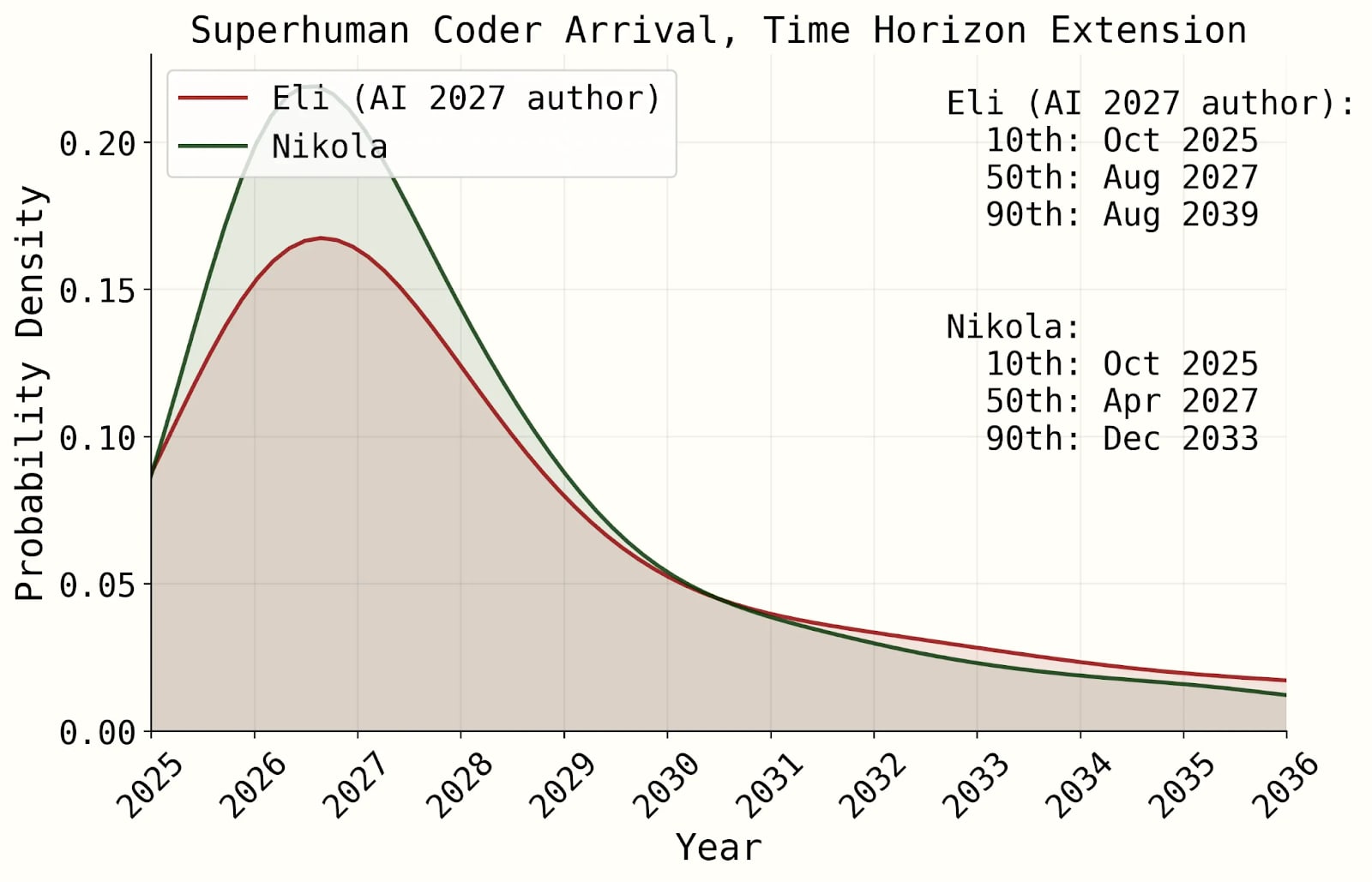Note: This post was crossposted from the Open Philanthropy Farm Animal Welfare Research Newsletter by the Forum team, with the author's permission. The author may not see or respond to comments on this post.
----------------------------------------
> Despite setbacks, battery cages are on the retreat
My colleague Emma Buckland contributed (excellent) research to this piece. All opinions and errors are mine alone.
It’s deadline time. Over the last decade, many of the world’s largest food companies — from McDonald’s to Walmart — pledged to stop sourcing eggs from caged hens in at least their biggest markets. All in, over 2,700 companies globally have now pledged to go cage-free.
Good things take time, and companies insisted they needed a lot of it to transition their egg supply chains — most set 2025 deadlines to do so. Over the years, companies reassured anxious advocates that their transitions were on track. But now, with just seven months left, it turns out that many are not.
Walmart backtracked first, blaming both its customers and suppliers, who “have not kept pace with our aspiration to transition to a full cage-free egg supply chain.” Kroger soon followed suit. Others, like Target, waited until the last minute, when they could blame bird flu and high egg prices for their backtracks.
Then there are those who have just gone quiet. Some, like Subway and Best Western, still insist they’ll be 100% cage-free by year’s end, but haven’t shared updates on their progress in years. Others, like Albertsons and Marriott, are sharing their progress, but have quietly removed their pledges to reach 100% cage-free.
Opportunistic politicians are now getting in on the act. Nevada’s Republican governor recently delayed his state’s impending ban on caged eggs by 120 days. Arizona’s Democratic governor then did one better by delaying her state’s ban by seven years. US Secretary of Agriculture Brooke Rollins is trying to outdo them all by pushing Congress to wipe out all stat





I would like advice on writing a resume and applying to work in an effective career. I will graduate with an economics bachelor's degree in April. I'm taking many statistics courses. I also took calculus and computer science courses. I live on the west coast of Canada and I am willing to move.
I believe I would be well suited to AI Governance but it may be better currently to find statistics/econometrics work or do survey design (to build general skills until I know more AI Governance people, or switch into a different effective cause area)
I am also open to recommendations for other effective careers. My degree is quite general and I have deliberately avoiding sinking much into AI Governance specifically. I think I have a comparative advantage in AI Governance because my father is a manager of a machine learning research team at Google, that I could potentially influence.
If I don't find an occupation immediately after graduation then I will do local community-building in Cryonics/Life-Extension and take these courses online:
I would like to do these courses anyway but if I find an occupation then I can do one or two at a time.
If I find an occupation outside EA then I will focus on learning statistics and other general skills. Then I can better apply these skills once I move into an AI Governance. If the occupation is in government or policy spaces then I will develop relevant social networks. The downside is that I'd be less poised to take opportunities in AI Governance.
I don't know much about finding an occupation in AI Governance. I applied to internships last summer and after being refused I asked the hiring staff what skills I should learn, and read all their recommendations. But I just don't really know what is going on in the AI Governance career path.
I'd appreciate a comment if you know of:
The EA Opportunities Board and Effective Thesis' database (they also have a newsletter) might be useful. I expect they're listed on 80,000 Hours so you might already know them, but if not: ERA Cambridge are accepting applications for AI governance research fellowships.